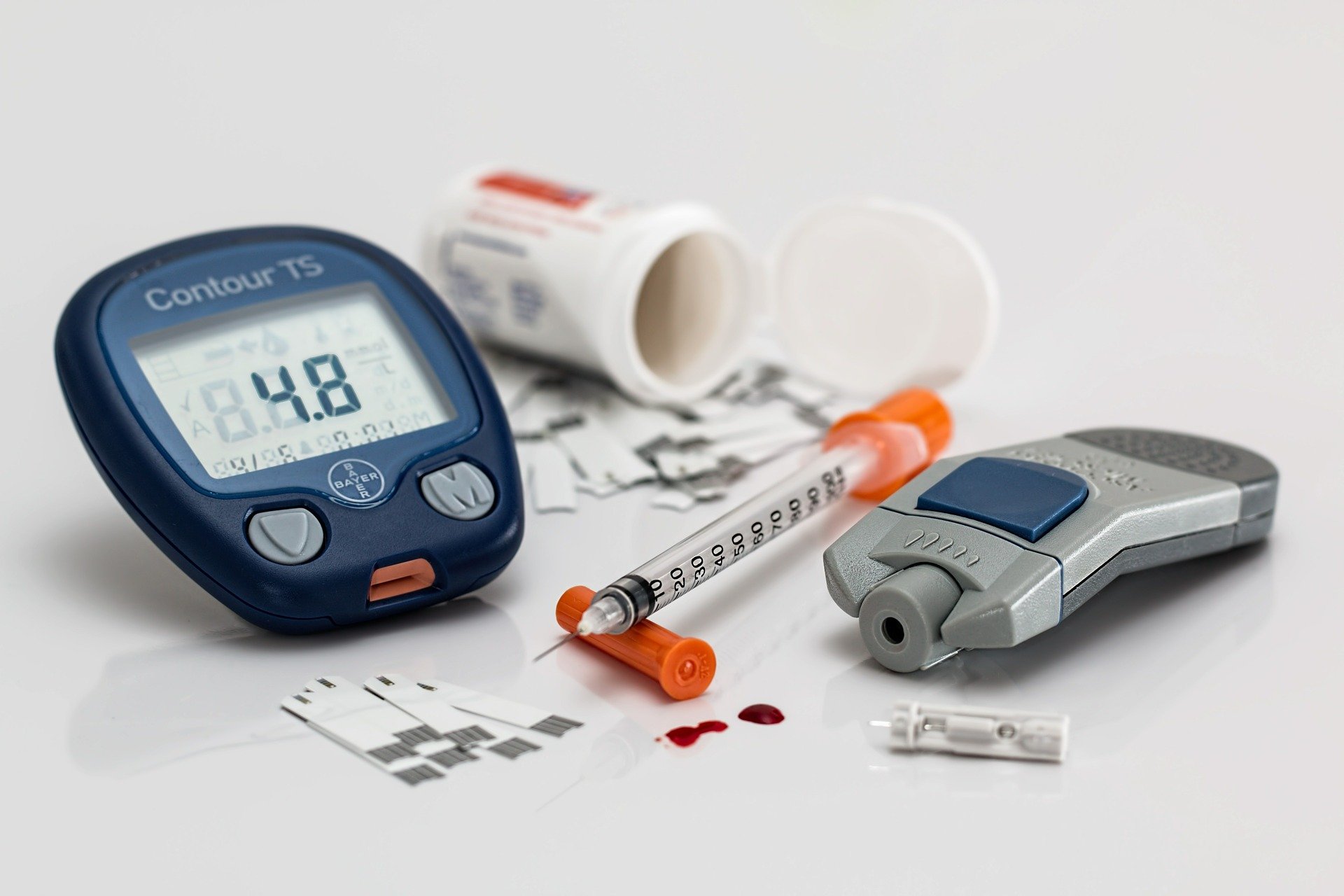
08 Dec 6 Ways Diabetes Can Affect Your Oral Health
Diabetes is a serious disease that impacts the entire body, including your mouth. High blood sugar levels can have a significant effect on your oral health, however, this aspect of the disease is often overlooked. In today’s post, we’ll take a look at 6 ways in which diabetes can affect your mouth and oral health.
Diabetes and Oral Health Issues:
1. Mild gum disease
Diabetes patients have a higher risk for developing mild gum disease, or gingivitis. Diabetes weakens the immune system and diminishes your mouth’s capacity to defend itself against harmful bacteria that lead to plaque buildup. If you are committed to good daily brushing and flossing, you may be able to reduce the side effects of mild gum disease, but it’s better to prevent it in the first place so that it doesn’t worsen.
2. Advanced gum disease
Periodontitis, or advanced gum disease, can lead to deterioration of the structures that support your teeth, including the soft tissue and bone, eventually causing tooth loss. There is a “two-way” relationship between diabetes and periodontitis, in which diabetes increases the risk for developing periodontitis, and periodontitis actually makes it harder to control blood sugar levels.
Periodontitis is a serious condition that cannot be reversed. It’s even worse in those with diabetes, who have a harder time healing from infections. It is vital that you take care of inflamed gums before advanced gum disease develops. Better yet, prevent gum disease in the first place with an excellent daily oral hygiene routine and twice-yearly dental checkups. Knowing your risk can help ensure that you don’t develop gum disease.
3. Dry mouth
Diabetes can cause dry mouth, or xerostomia. Saliva keeps harmful bacteria in check, and when you don’t have enough of it, plaque is more likely to buildup. Dry mouth can also lead to bad breath, or halitosis. You can treat dry mouth with a variety of things, including drinking more water or chewing gum to increase your body’s own saliva production.
4. Cavities
High blood sugar increases the likelihood of developing tooth decay due to a greater amount of sugars and starches in your body that contribute to plaque buildup in the mouth. The higher your blood sugar, the greater the risk of cavities forming. Dry mouth caused by diabetes also compounds the risk of tooth decay.
5. Oral thrush
Thrush, or oral candidiasis, is a yeast infection in the mouth. You may develop it if you have difficulties controlling your blood sugar because sugar feeds yeast. Your risk is also increased with dry mouth. Thrush causes the following symptoms in the mouth:
- White patches
- Redness
- Bleeding
- Cracks in the corners of the mouth
- A bitter taste
6. Burning mouth syndrome
Burning mouth syndrome (BMS) is also a potential oral complication of diabetes, and dry mouth may contribute to this condition. BMS involves a burning, tingling, or painful sensation in the mouth, but usually doesn’t cause any physical changes. It is more likely to occur in women and those over 60. Burning mouth syndrome may last for months to years. Rarely, symptoms may lessen or dissipate on their own. Some symptoms may be temporarily alleviated with eating or drinking.
If you have pain, burning or soreness anywhere in your mouth, be sure to see your doctor or dentist. They may need to work together to develop an individualized treatment plan for your discomfort.
Holistic Dentist in Prescott
When it comes to diabetes and oral health, our holistic dentists at Prescott dentistry look at the overall picture of your health. The good news is that serious dental complications can be minimized and even prevented with blood sugar control and good oral care. Managing oral complications of diabetes is a lifelong commitment, but your efforts will ensure a healthy, beautiful smile for the rest of your life.
Image used under creative commons license – commercial use (12/8/20) by Steve Buissinne from Pixabay



